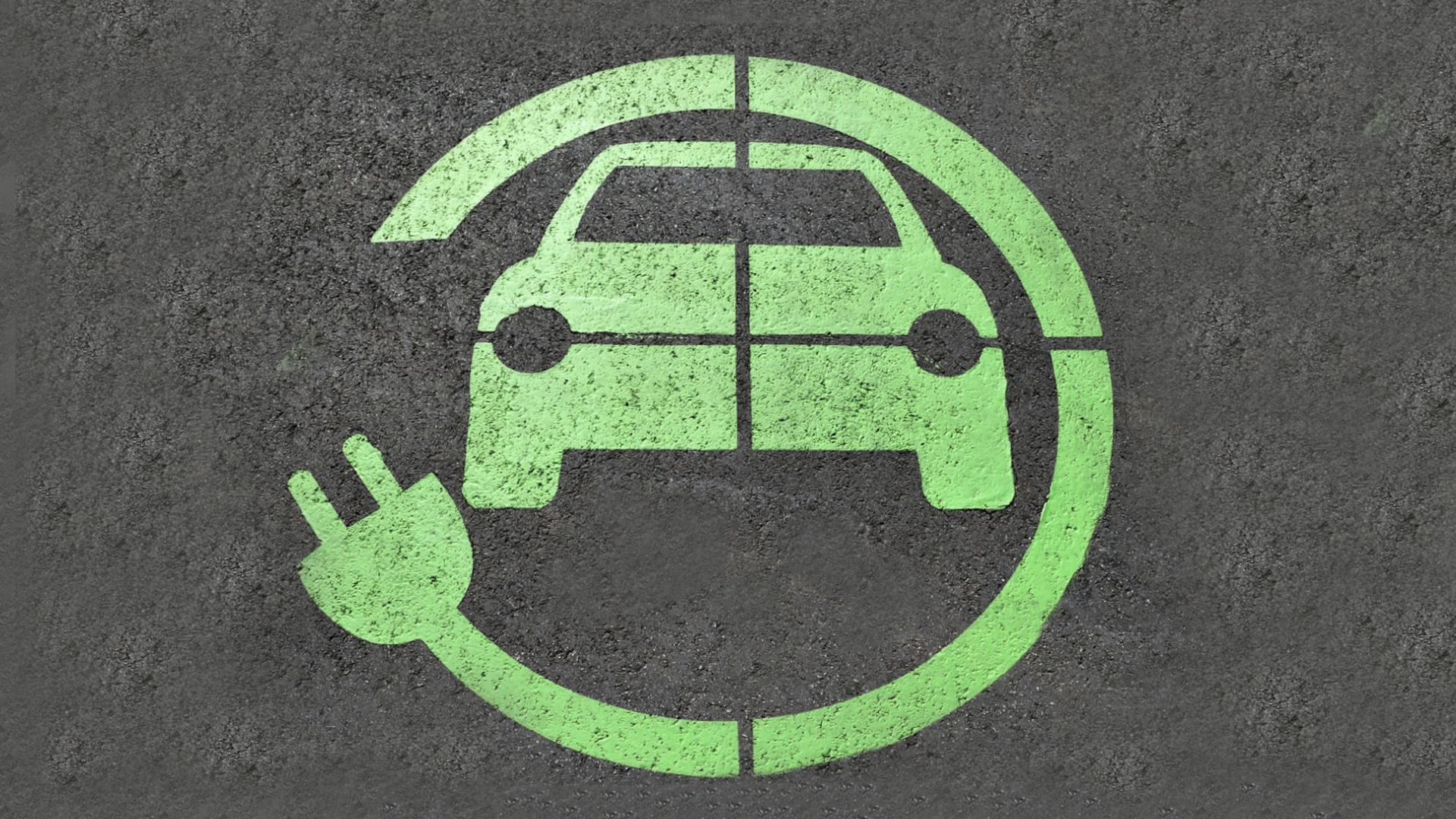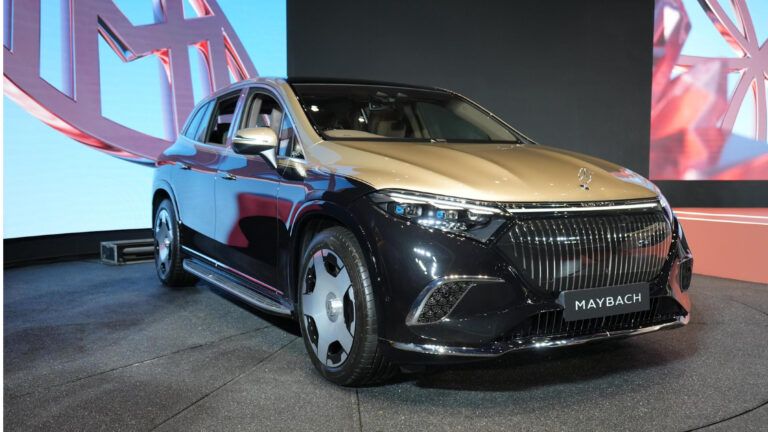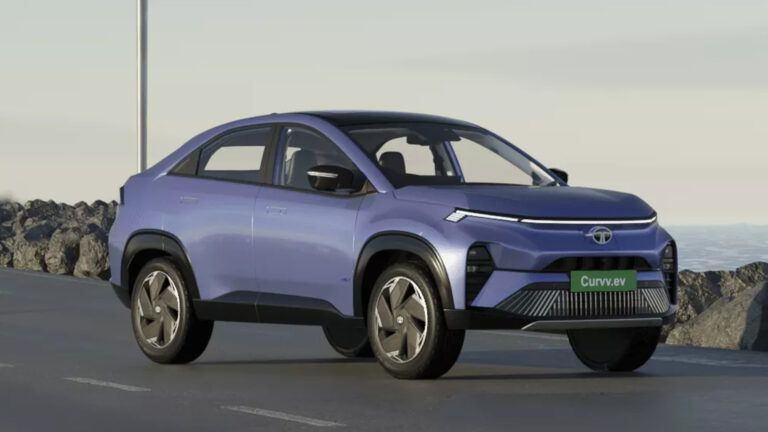The Indian government has made a big decision to boost electric vehicles (EVs) and solar energy in an important regulation of the Electricity Act. The Union Minister of Power and New & Renewable Energy, R. K. Singh, said that these modifications will help the fast set up of rooftop solar systems and strengthen consumer rights.
The amendments exclude the rooftop solar systems up to 10kW from the requirement of technical feasibility study, hence, making their installation easier for consumers. To accommodate the growing demand for electric vehicles, people now can get electric connections that are dedicated to EVs only. The decision stands as evidence of the government’s focus on the development of the electric mobility industry.
The amendments aim to simplify the procedures for electrical connections that can reduce waiting periods in different areas. The waiting period has been decreased to three days in metro areas, seven days in municipal areas, and fifteen days in rural areas except for rural hilly areas where it is thirty days. Distributing companies now have to upgrade domestic rooftop solar PVs up to 5 kW at their own expense. These systems now take fifteen days to commission, instead of thirty days, which highlights the government’s focus on speedy renewable energy adoption.
To enhance the flexibility for consumers living in residential colonies and flats, this amendment offers them the option to choose between individual connections or single-point connections for the entire premises. This choice is made by the transparent ballot held by the distribution company, which guarantees equity in tariffs and separate billing.
In a move to cure meter reading complaints, distribution licensees must install a test meter in every location within 5 days. This check meter enables consumers to be sure that they are billed for electricity for at least three months as it verifies the time taken in the electricity consumption.








